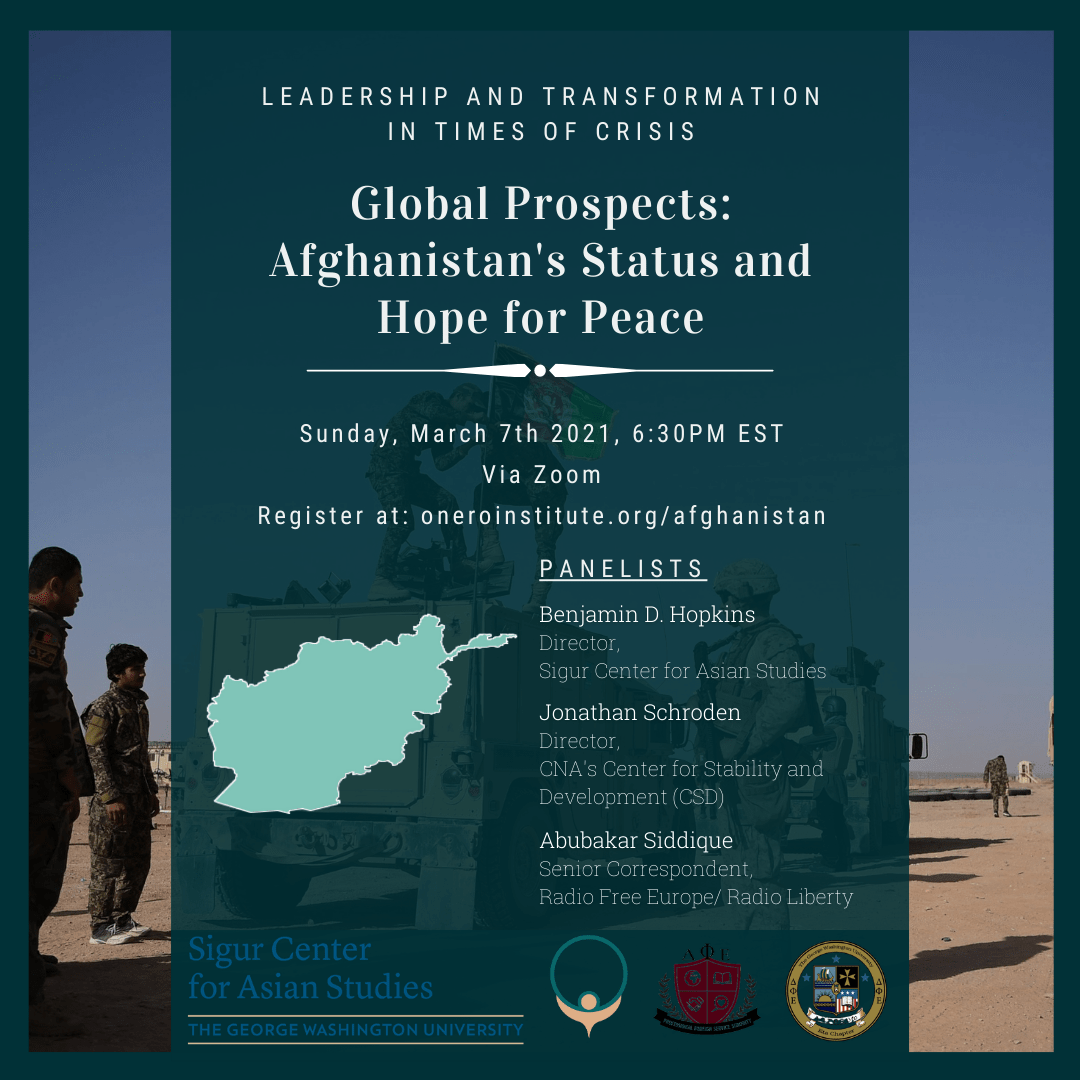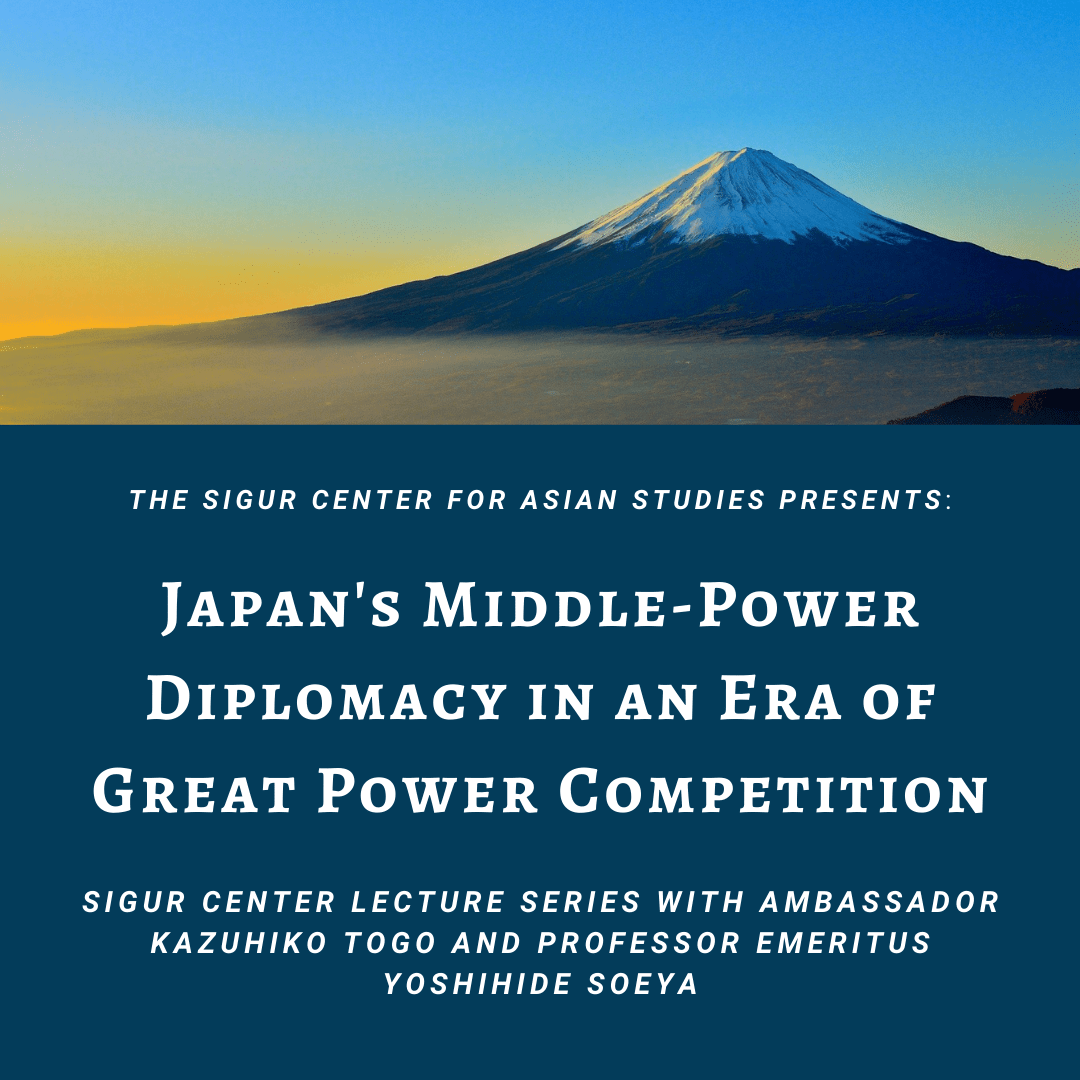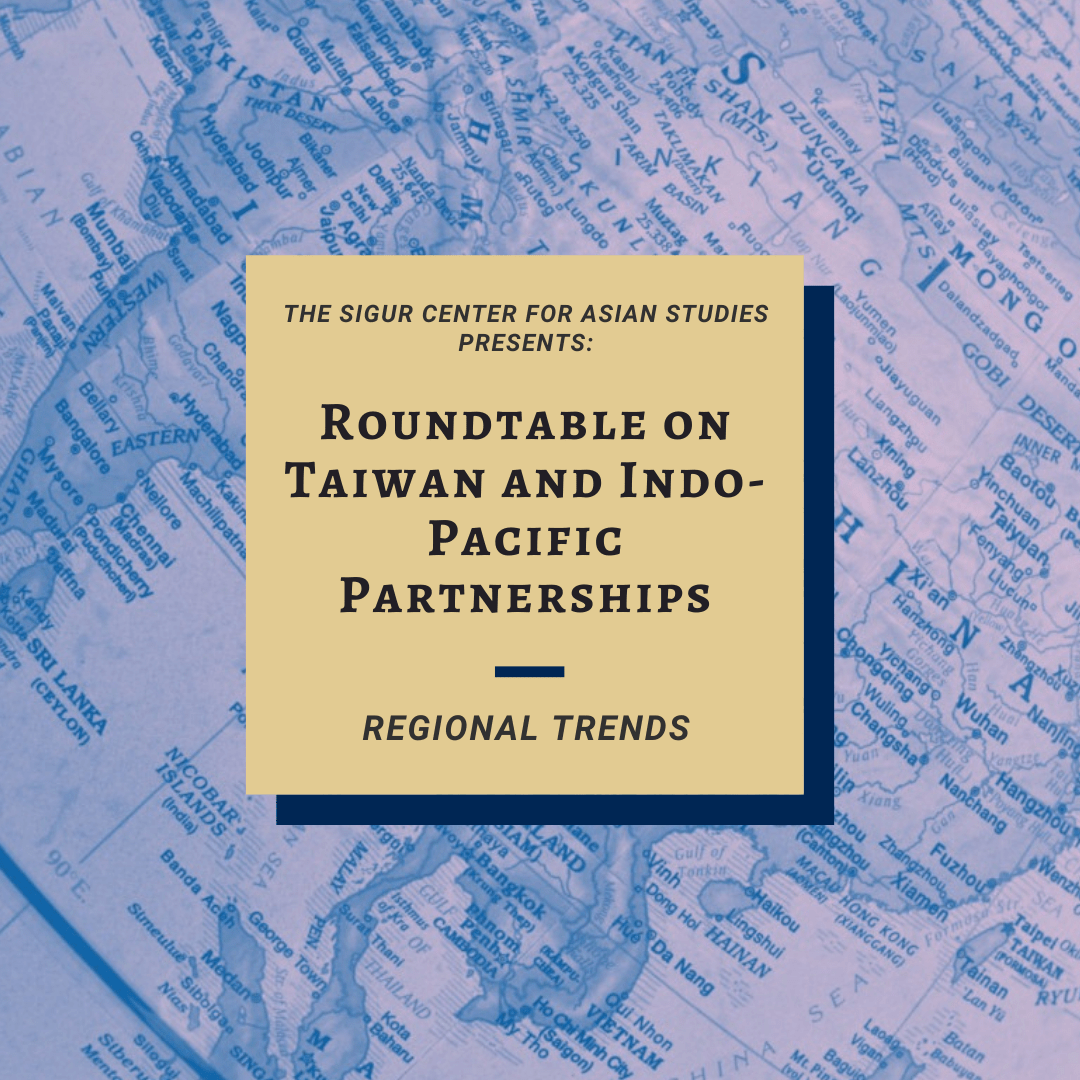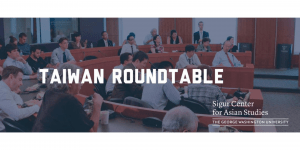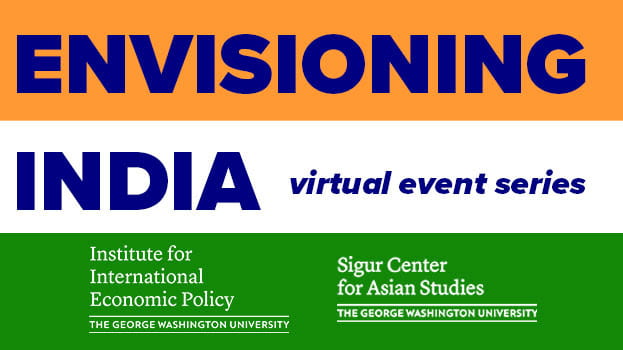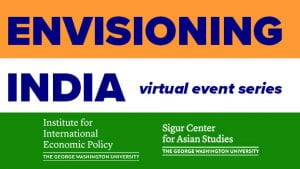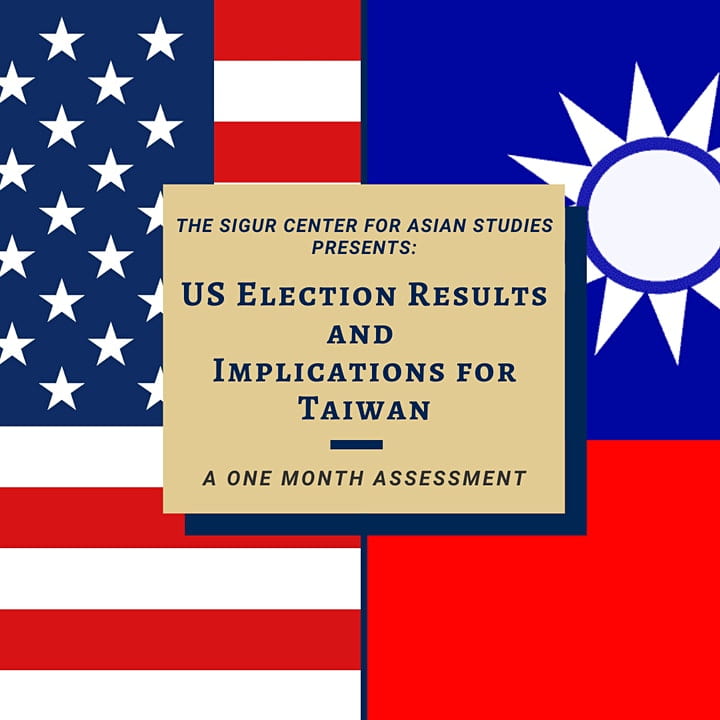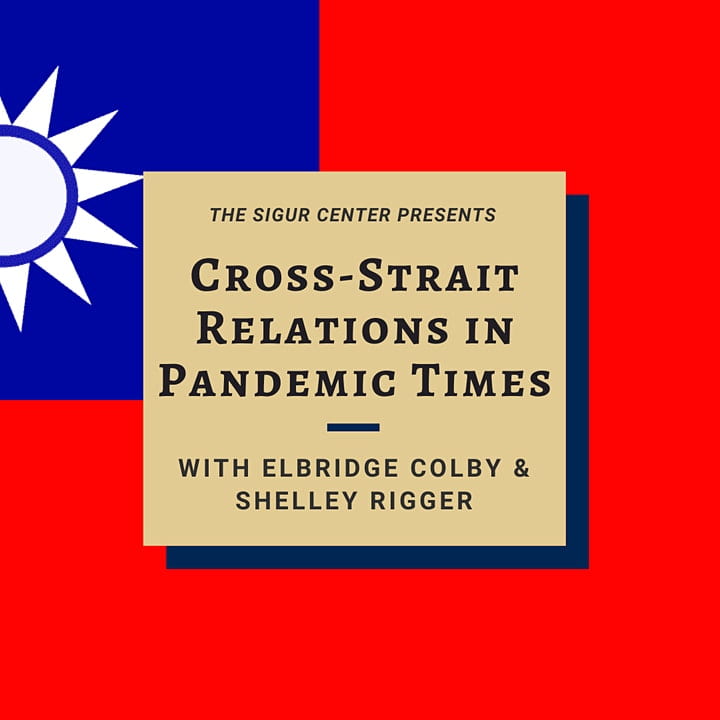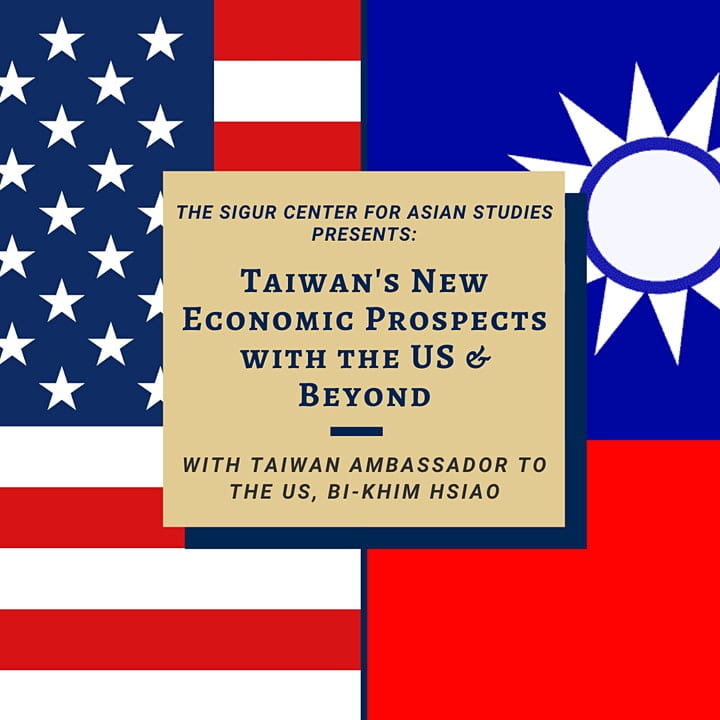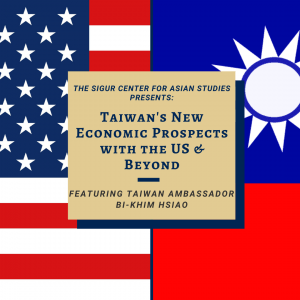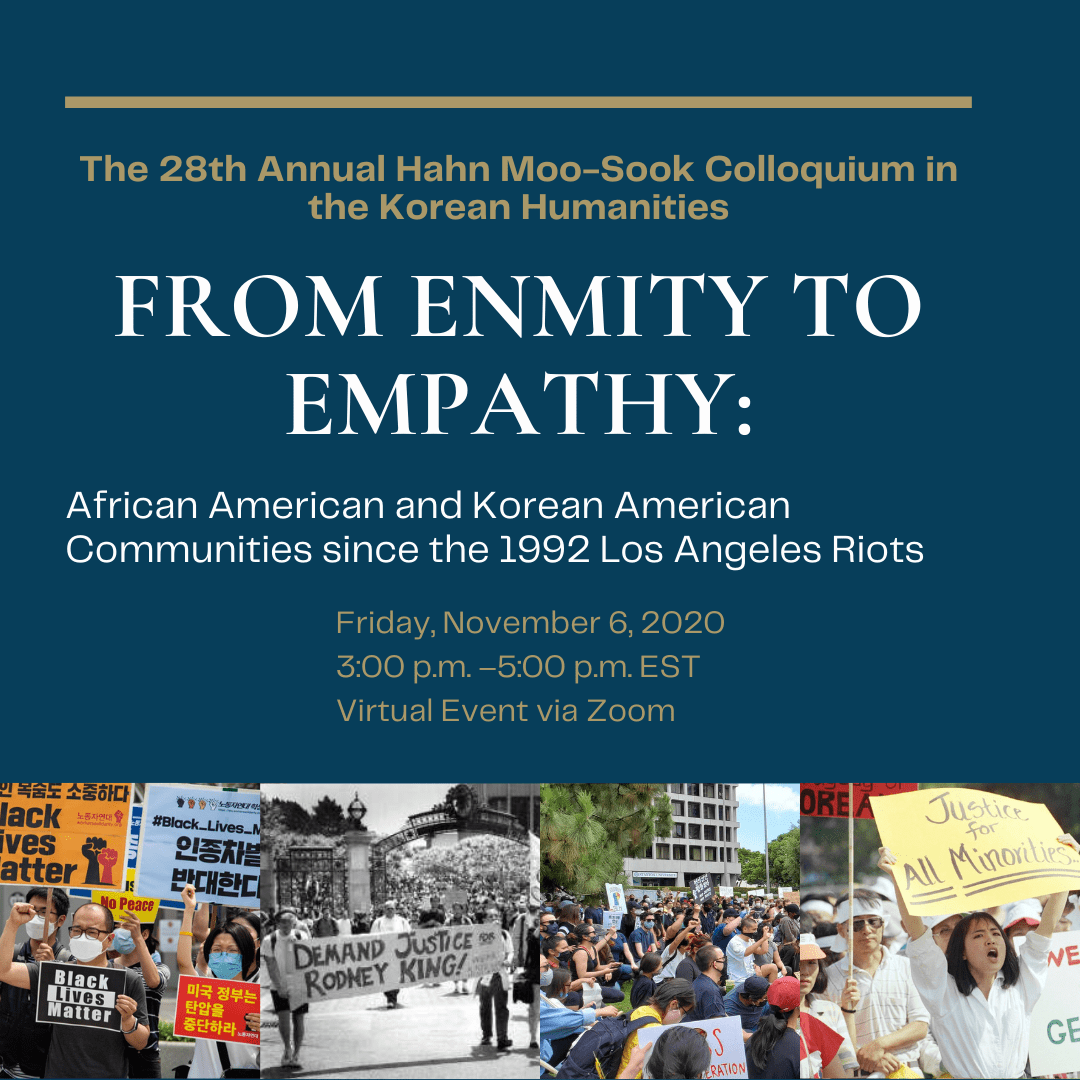This is the third forum in the “Envisioning India” Series organized by IIEP Director James Foster and Distinguished Visiting Scholar Ajay Chhibber. The series is co-sponsored by the Institute for International Economic Policy.
About the Speakers:
Pranab Bardhan is Professor of Graduate School at the Department of Economics at the University of California, Berkeley. He was educated at Presidency College, Kolkata and Cambridge University, England. He had been at the faculty of MIT, Indian Statistical Institute and Delhi School of Economics before joining Berkeley. He has been Visiting Professor/Fellow at Trinity College, Cambridge, St. Catherine’s College, Oxford, and London School of Economics. He held the Distinguished Fulbright Siena Chair at the University of Siena, Italy in 2008-9. He was the BP Centennial Professor at London School of Economics for 2010 and 2011. He got the Guggenheim Fellowship in 1982. He has done theoretical and field studies research on rural institutions in poor countries, on political economy of development policies, and on international trade. A part of his work is in the interdisciplinary area of economics, political science, and social anthropology. He was Chief Editor of the Journal of Development Economics for 1985-2003. He was the co-chair of the MacArthur Foundation-funded Network on the Effects of Inequality on Economic Performance for 1996-2007. He is the author of 16 books and editor of 14 other books, and author of more than 150 journal articles including in leading Economics journals (like American Economic Review, Quarterly Journal of Economics, Econometrica, Journal of Political Economy, Review of Economic Studies, Economic Journal, American Economic Journal, Journal of Development Economics, Journal of Public Economics, Economic Development and Cultural Change, Oxford Economic Papers, etc.). He has also contributed essays to popular outlets like New York Times, Scientific American, Financial Times, Die Zeit, Boston Review, Los Angeles Review of Books, Project Syndicate, Yale Global Online, Times of India, Economic Times, Business Standard, Bloomberg Quint, Hindustan Times, Ideas for India, Economic and Political Weekly, Indian Express, Ananda Bazar Patrika (in Bengali), etc. From 2018 he has started writing a periodic column for a New York-based blog, 3 Quarks Daily.
Michael Walton is Senior Lecturer in Public Policy at the Harvard Kennedy School, where he has taught since 2004 and is a visiting fellow at the Centre for Policy Research, Delhi. He also works with the non-profit IMAGO Global Grassroots whose goal is to take established grassroots organizations to the next level, working especially in India, Latin America and the United States. In addition to core teaching in HKS’ MPA in International Development, he leads the signature on-line course on Policy Design and Delivery. Michael was VKRV Rao Professor at the Institute for Social and Economic Change, Bangalore in 1998 and 1999, and visiting professor at the Delhi School of Economics in 1998. Before academia, Michael worked for 20 years at the World Bank, including on Brazil, Indonesia, Mexico, and Zimbabwe. While there he led two and worked on two other World Development Reports (on Poverty in 1990 and 2000, on Labor in 1995, and Inequality in 2005). Book publications include co-edited volumes on Culture and Public Action, and No Growth without Equity? on Mexico. Current research in India, includes work on Self Help Groups and on scaling up of social enterprises of the Self Employed Women’s Association. Michael is also a dancer. He has a B.A. in Philosophy and Economics and an M.Phil. in Economics from Oxford University.
Jean Dreze studied Mathematical Economics at the University of Essex and did his Ph.D. at the Indian Statistical Institute, New Delhi. He has taught at the London School of Economics and the Delhi School of Economics, and is currently Visiting Professor at Ranchi University as well as Honorary Professor at the Delhi School of Economics. He has made wide-ranging contributions to development economics and public policy, with special reference to India. His research interests include rural development, social inequality, elementary education, child nutrition, health care and food security. Jean Drèze is co-author (with Amartya Sen) of Hunger and Public Action (Oxford University Press, 1989) and An Uncertain Glory: India and Its Contradictions (Penguin, 2013)”, and also one of the co-authors of the Public Report on Basic Education in India, also known as “PROBE Report”.
This event is on the record and open to the public.

